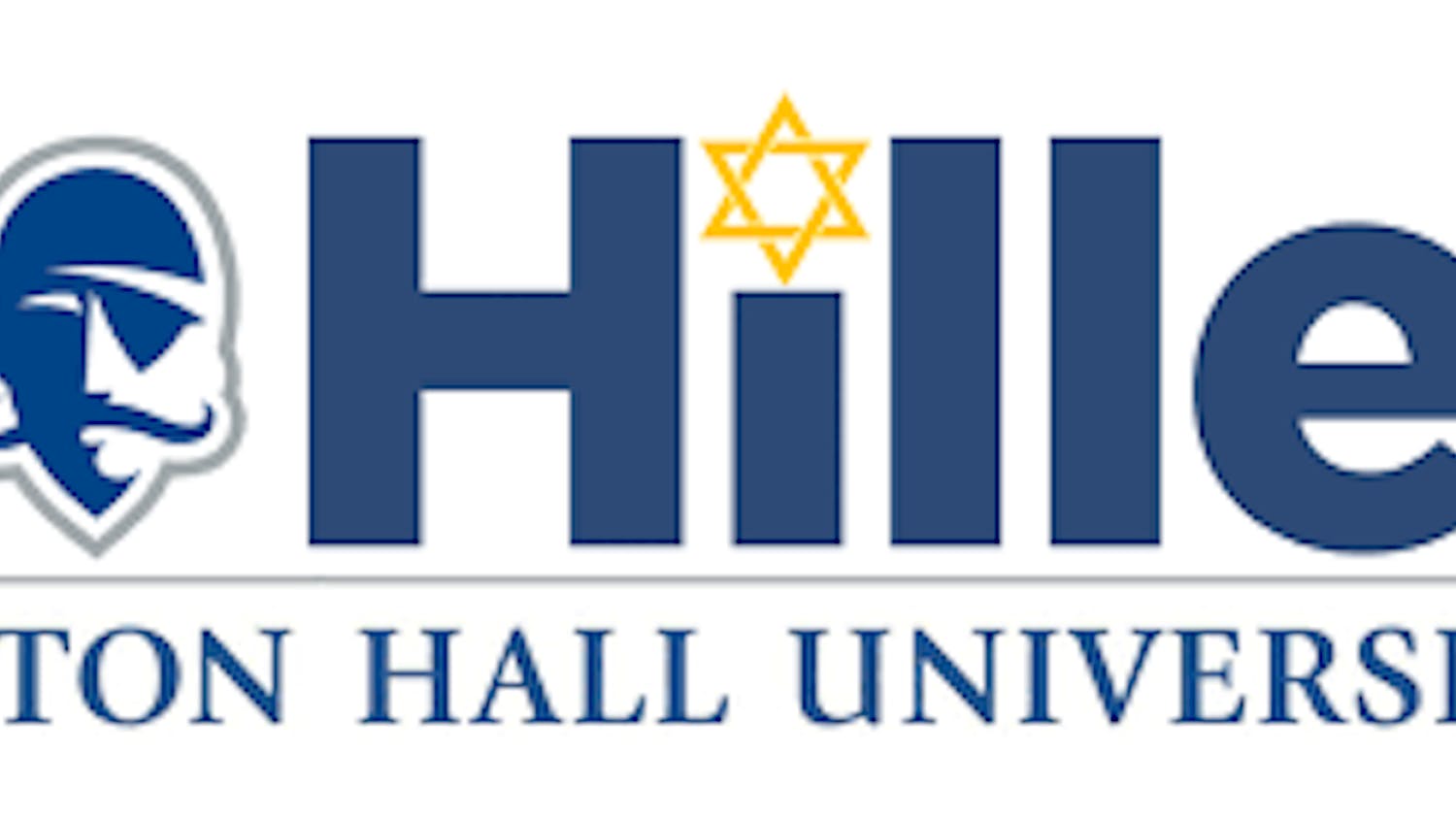Seton Hall's department of communication and the arts facilitated a panel discussion, "Understanding the U.S. Immigration Reform Debate," on Tuesday.
Each of the panelists brought a unique perspective on both state and national immigration and the expected impact it will continue to have throughout the debate.
The panel of experts included Mayor Chris Bollwage of Elizabeth, Assemblyman Michael Patrick Carroll of Morris County, Director of the Fiscal Policy Institute's Immigration Research Initiative David Dyssegaard Kallick, and International Litigation Counsel Eric Blinderman of Proskauer Rose. The panel discussion was inspired by the release of the "Bipartisan Framework for Comprehensive Immigration Reform" by sens. Charles Schumer, John McCain, Dick Durbin, Lindsey Graham, Robert Menedez, Marco Rubio, Michael Bennet and Jeff Flake. The "Group of Eight," as they are now being called, has been working since January to reform the nation's current immigration policies.
"The goal in a session like this is to provide all of you with what is called actionable information," moderator and former New York Times correspondent and Seton Hall Writer-in-Residence Anthony DePalma said. "The ideas, the concepts, the arguments that you need to have so that you as citizens can play a part in shaping the important debate."
The panel discussed the impact immigration reform would have on various facets of American society including: jobs, crime, social security, higher education, voting and the economy.
Assemblyman Michael Carroll began the discussion with the most current ideas concerning the work of the Group of Eight.
"One of the things you learn, certainly within the legislature, is that the devil is always in the details," Carroll said.
He outlined what the basic framework for the "four basic legislative pillars" the group is moving on.
The pillars are centered on creating a "path to citizenship for unauthorized immigrants already here that is contingent upon securing the border and combating visa overstays; improving our legal immigration system and attracting the world's best and brightest; strong employment verification; and admitting new workers and protecting workers' rights."
The moderator opened a Q&A session after each of the panelists gave his own perspectives about the impact immigration reform would have in the United States. Students and faculty were able to ask questions on the proposal and share comments that they had the issue.
Christopher Adams can be reached christopher.adams@student.shu.edu.





